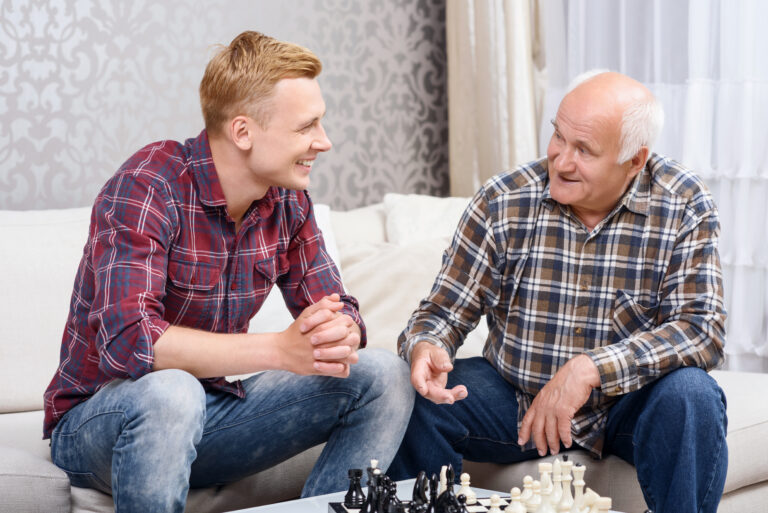Age stereotypes are ideas we often hear about how people of certain ages should act or what they can or cannot do. These ideas might seem harmless, but they can actually shape how we see ourselves and others—and sometimes, these stereotypes become true just because we believe in them so strongly.
One common stereotype is that older adults are slow, forgetful, or not interested in learning new things. But the truth is very different. Many older people continue to learn new skills, start new hobbies, and stay active well into their later years. When society expects older adults to be less capable or less engaged, it can lead to “ageism,” which means unfair treatment based on age. This kind of thinking can make older people feel invisible or dismissed.
Interestingly, when people start believing these stereotypes about themselves—like thinking they’re too old to try something new—they might stop trying altogether. This creates a cycle where the stereotype becomes a reality simply because it was expected in the first place.
On the flip side, younger generations also face age-related pressures—like feeling they must always be energetic and tech-savvy—which can cause stress and affect self-esteem.
Bridging these gaps between generations helps break down false ideas about age. For example, when younger and older people share interests like music or hobbies—even if they come from different times—it builds understanding and respect instead of assumptions.
In everyday life, even small differences in age can feel like big divides because each generation grows up with its own experiences and culture. But recognizing this helps us appreciate that everyone has unique strengths regardless of their age.
The key is to challenge those old-fashioned beliefs by staying curious about others’ experiences no matter their age—and by remembering that growing older doesn’t mean stopping growth at all; it just means continuing life’s journey with new chapters ahead.





